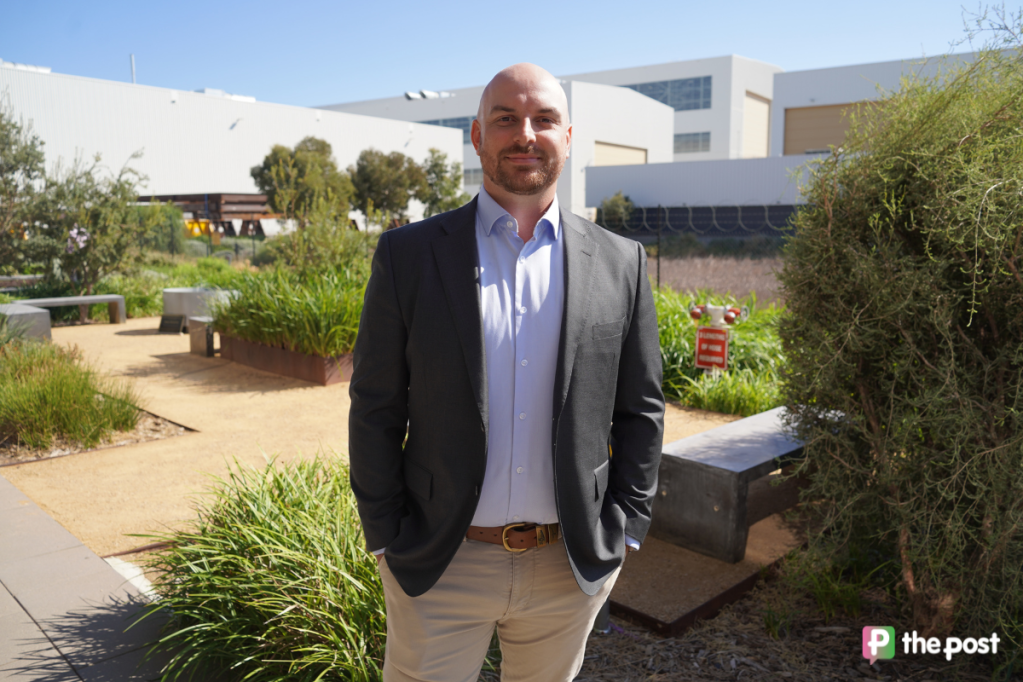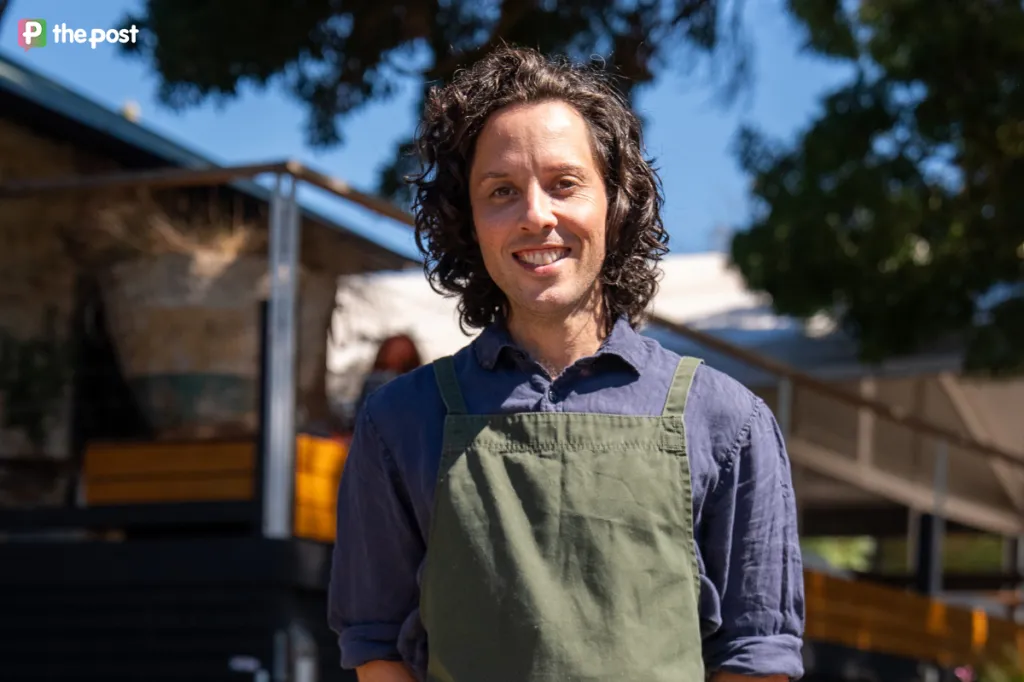Donations boost for flooded region as Aussies step up
Donations to flood-stricken communities are streaming in as outback residents face a huge clean-up after record flooding.

Farmers facing a monumental flood clean-up have been buoyed by a community response described as “nothing short of overwhelming”.
An area the size of NSW was inundated by floodwaters after rainfall saturated already sodden parts of southern and western Queensland in recent weeks.
The downpours and subsequent record floods prompted evacuations from outback towns including Adavale and Thargomindah in southwest Queensland.
The entire town of Thargomindah fled their homes following the worst flooding in the town’s history, with 7.5 metre-plus levels inundating the community, eclipsing the 1974 mark of 6.78m.
Waters are now beginning to recede, and the cleanup, expected to take months, is being bolstered by donations from everyday Australians.
You might like
Charity RuralAid has received a significant boost in donations and interest, which it said made a “huge” difference in getting hay to farmers in need.
“We’ve seen firsthand how concerned Australians have stepped up, offering support in so many ways,” RuralAid chief executive John Warlters said.
“The response to getting hay out to western and southwestern parts of Queensland … has been nothing short of overwhelming and heartwarming.”
More than 1000 bales of hay have been distributed to affected areas since the flooding began, the Department of Primary Industries said.
Stay informed, daily
Fodder for livestock is being procured as part of a $5 million support package arrangement with the federal government.
About 150,000 sheep, cattle and goats have been lost in the disaster but total losses won’t be known until water levels fully recede.
The state government has announced assistance grants of up to $75,000 for affected primary producers.
Some affected residents who weren’t able to evacuate their animals resorted to feeding stranded work dogs and horses by helicopter.
Bale drops are still being made mostly by helicopter as roads slowly begin to open up.
Road deliveries arrived in towns including Charleville, Blackall, Cunnamulla, Eulo and Quilpie on Monday.
The Department of Primary Industries said all fodder and hay from southeast Queensland has cleared biosecurity requirements amid concerns over fire ants.
The insects are considered one of the worst invasive species and can decimate wildlife, livestock, crops and machinery.
The pests were spotted “rafting” and travelling along floodwaters in southeast Queensland after ex-tropical cyclone Alfred.








